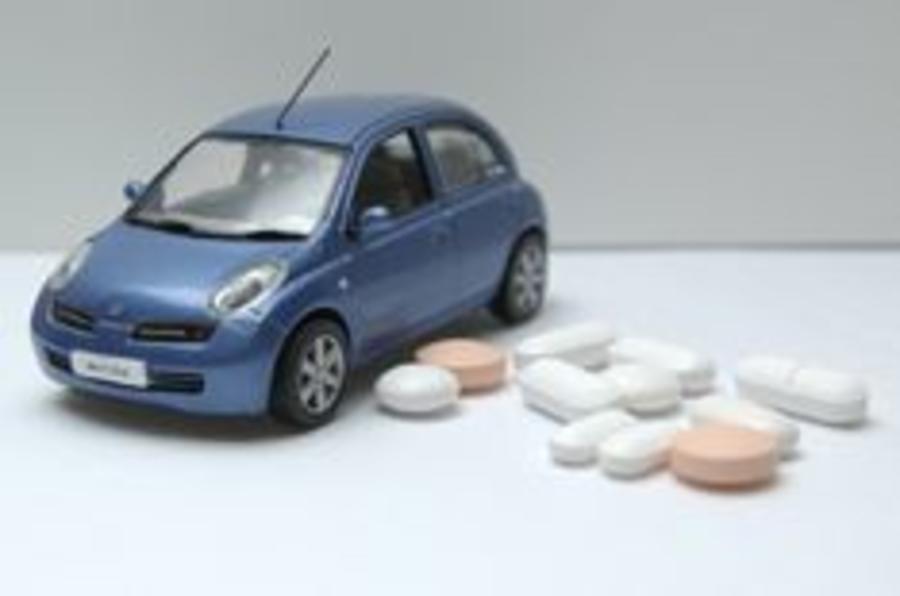New roadside impairment tests coming into force today have given traffic Police the power to crack down on drug drivers. The tests, designed to determine whether a driver's ability has been compromised by illegal of prescription drugs, have until now been voluntary; drivers refusing to comply now, however, break the law in the same way as someone failing to provide a breath test at the roadside.
The tests are covered by a new code of practice, and were conceived to measure balance, coordination and concentration span. They range from asking a driver to stand on one leg, to touching his finger on his nose, and estimating when 30 seconds has passed. Officers will also measure pupil dilation.
Testing equipment is in the pipeline - the equivalent of a breath test - for introduction next year, but the Department of Transport warns that it will only detect the presence of drugs, and not whether driving ability has been impaired.
A Department for Transport study revealed recently that 18 per cent of drivers who died in road traffic accidents within the last three years had drugs in their system. Sixteen years ago, a comparable figure, based on a random sample of driver fatalities, was just three per cent.





Add your comment